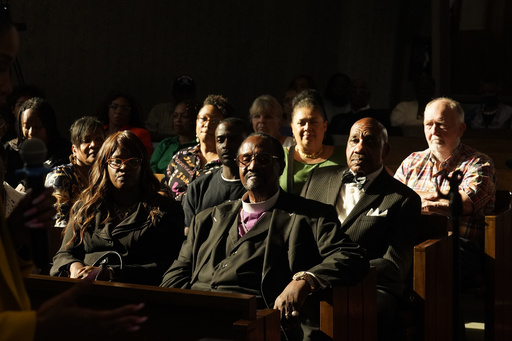
PALM SPRINGS, Calif. — In a landmark decision, the City of Palm Springs has announced a compensation package totaling $5.9 million for Black and Latino families who were displaced from a neighborhood during the 1960s. This initiative stems from a prolonged fight for restitution led by these families decades later.
The Palm Springs City Council reached a unanimous agreement on this matter during a vote held on Thursday. Alongside the compensation, the council has allocated additional funds, including $10 million dedicated to a first-time homebuyer assistance program and another $10 million for launching a community land trust. Moreover, plans are underway to erect a monument that honors the historical significance of the neighborhood formerly known as Section 14.
Mayor Jeffrey Bernstein expressed his commitment to the initiative, stating that the city is taking “bold and important action.” He emphasized that the measures enacted will bring enduring benefits to the community, particularly for former residents of Section 14 who have suffered as a result of past injustices.
Though specifics regarding the distribution of compensation to each family or individual remain unconfirmed, attorney Areva Martin, who represents over 300 former residents and their descendants, mentioned that these discussions are ongoing. The housing assistance funds are aimed at supporting low-income residents in Palm Springs, with priority granted to those who either lived in Section 14 or are related to its former inhabitants.
Section 14 was a one-square-mile area located on a Native American reservation, which was home to numerous Black and Mexican American families. These families have recounted harrowing stories of houses being deliberately destroyed and burned, forcing them out of their homes under distressing circumstances.
In 2021, the city council formally apologized for its role in the residents’ displacement. In response to these past wrongs, the affected families filed a tort claim with the city in 2022. The following year, they announced their intention to seek restitution, stating a claim amounting to $2.3 billion due to the damages inflicted upon them.
The tort claim drew parallels between their plight and the historical tragedy that befell the community known as Black Wall Street in Tulsa, Oklahoma, over a century ago, which resulted in the loss of many lives. However, it is essential to note that there were no fatalities reported in connection with the displacement of families from Section 14.
